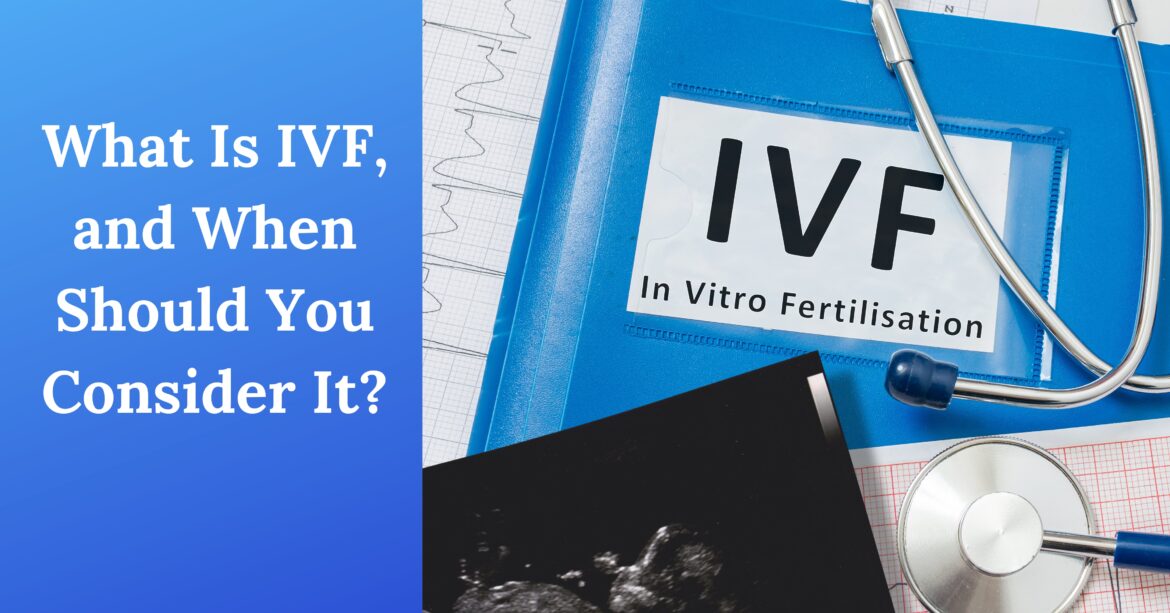What Is IVF, and When Should You Consider It?
What is IVF?
In vitro fertilisation (IVF) is a fertility treatment that involves retrieving eggs from a woman’s ovaries and fertilising them with sperm in a lab. The resulting embryos are then transferred to the woman’s uterus, where they hopefully implant and result in pregnancy.
IVF can be an effective fertility treatment for couples who are unable to conceive through other methods, such as intrauterine insemination (IUI) or timed intercourse. It may also be recommended for women with blocked fallopian tubes or men with low sperm count or motility issues to take IVF medication pharmacy.
The IVF process typically takes place over several weeks and requires close monitoring by a fertility specialist. If successful, it can result in a healthy pregnancy and the birth of a baby.
The IVF Process
There are four main steps in the IVF process:
- Ovarian Stimulation and Egg Retrieval: In this step, medication is used to help the ovaries produce multiple eggs. Once the eggs are mature, they are retrieved from the ovary using a needle.
- Fertilisation: The eggs are then placed in a dish with sperm for fertilisation. This can be done using traditional methods or intracytoplasmic sperm injection (ICSI), where a single sperm is injected into each egg.
- Embryo Development:The fertilised eggs, now called embryos, are incubated in the laboratory and monitored as they grow over the next few days into six- to eight-cell embryos.
- Embryo Transfer and Implantation: One or two embryos are transferred to the uterus three to five days after fertilisation, where they are implanted in the uterine lining and begin to grow. Any remaining embryos may be frozen for future use.
When to Consider IVF?
There are many reasons why a couple may consider IVF. Some couples may have been trying to conceive for a long time without success, and others may have fertility problems that make it difficult to conceive. Still, others may want to use IVF to avoid passing on a genetic disorder to their child.
IVF May Be an Option for Couples Who Have:
– Been trying to conceive for a long time with no success
– Fertility problems that make it difficult to conceive
– A desire to avoid passing on a genetic disorder to their child
If you and your partner are considering IVF, it is important to speak with a fertility specialist to discuss your specific situation and whether or not IVF is right for you.
Conclusion
In conclusion, IVF is a viable option for couples struggling to conceive. While the process may be daunting and expensive, it can provide hope in an otherwise dire situation. It’s important to consult with your doctor before making any decisions – they’ll be able to evaluate you and your partner’s medical history, as well as discuss lifestyle changes and recommend IVF medication pharmacy that could help increase your chances of successful conception. When all other options fail, consider speaking with a fertility specialist about IVF – it could be the answer you’ve been searching for!

